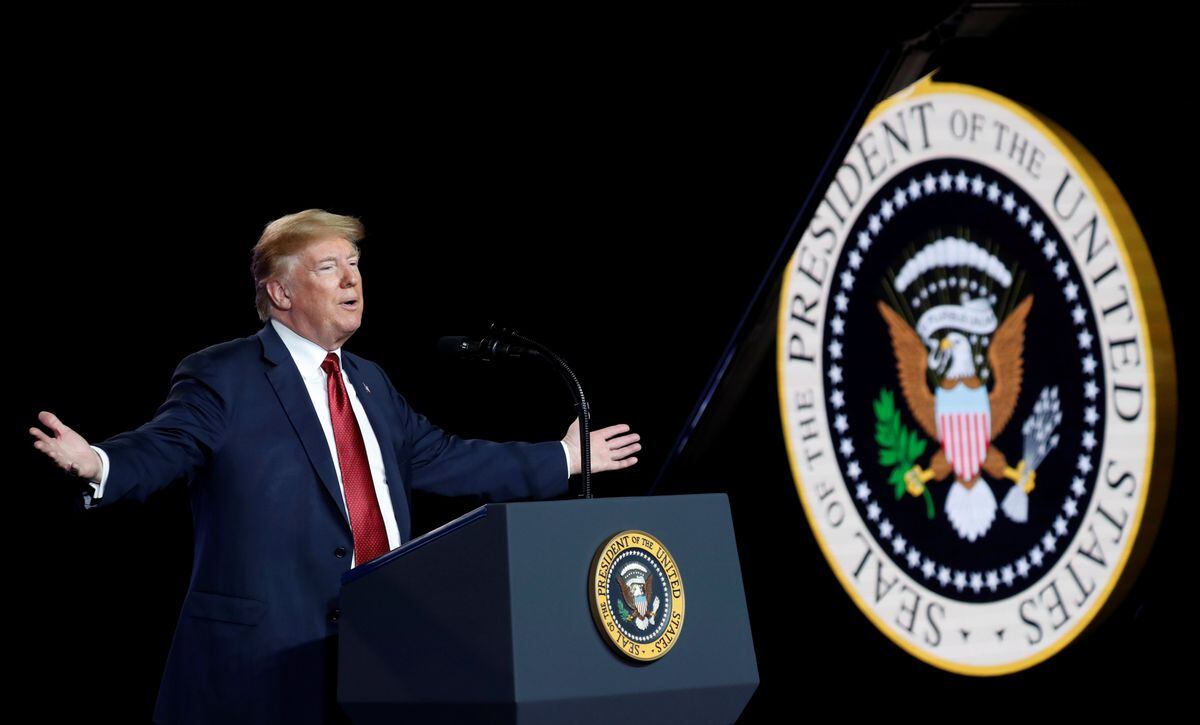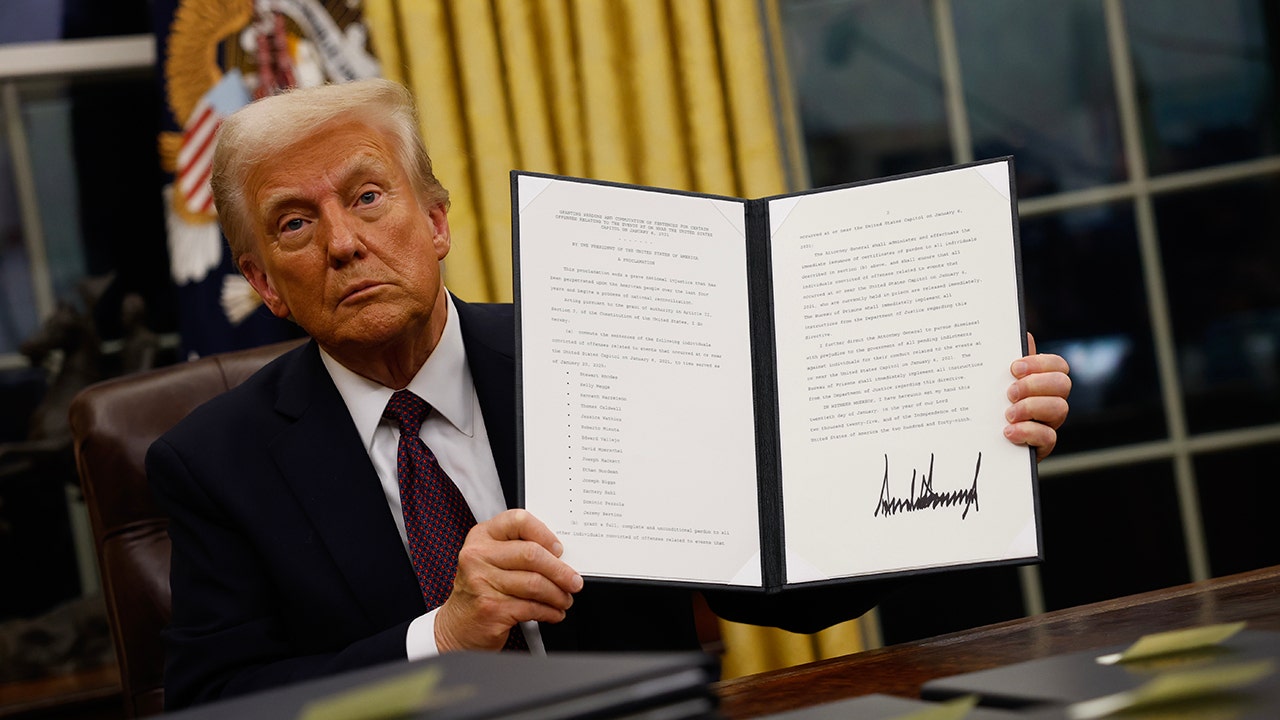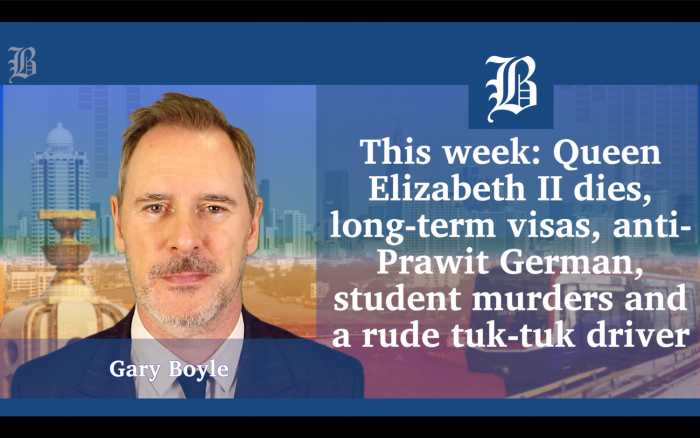Analyzing The Economics: Top 5 Takeaways From The English Leaders' Debate

Table of Contents
The recent English Leaders' Debate provided a crucial platform for examining the economic platforms of the competing parties. This analysis delves into the top five most significant takeaways regarding economic policy, offering a clear understanding of the potential future direction of the English economy. We will dissect the debates surrounding key issues such as taxation, public spending, and economic growth.
Taxation Policies: A Comparison of Approaches
Proposed Changes to Income Tax:
Each party presented distinct proposals for income tax reform. Let's examine the key differences:
- Party A: Proposed a marginal tax rate increase for high-income earners (over £150,000), increasing from 45% to 50%, while introducing tax cuts for low-income earners. This aims to address income inequality and boost consumer spending. They also suggested increasing the personal allowance slightly.
- Party B: Advocated for a simplification of the income tax system with a single rate of 25% for all earners, arguing this would stimulate the economy by encouraging higher levels of investment and consumption. This would mean significant tax cuts for higher earners.
- Party C: Proposed no significant changes to current income tax brackets but focused on closing tax loopholes used by multinational corporations to increase tax revenue.
These changes will have varying impacts. Party A's proposals could significantly increase tax revenue from high earners, while Party B's plan might boost economic activity but potentially increase the national debt. Party C’s approach focuses on revenue enhancement rather than sweeping tax reforms.
Corporate Tax Rates and Their Implications:
The debate also highlighted contrasting approaches to corporate tax reform and business taxation:
- Party A: Proposed a gradual increase in the corporation tax rate to 28%, arguing that this would help fund public services and address corporate tax avoidance.
- Party B: Proposed a reduction in the corporation tax rate to 15%, aiming to attract foreign investment and boost economic growth.
- Party C: Maintained the current corporate tax rate, focusing on better enforcement of existing tax laws.
These differing stances on corporate tax rates will have significant implications for business investment and job creation. Lower rates could incentivize investment but could also reduce government revenue. Higher rates might increase government funding, but could discourage investment and offshore business operations.
VAT and Sales Tax Discussions:
While no major changes to VAT rates were proposed, the debate touched on potential adjustments to sales tax on specific goods:
- Party A: Suggested a temporary increase in VAT on luxury goods to fund additional healthcare investment.
- Party B: Proposed no changes to VAT or sales tax rates.
- Party C: Focused on reviewing and potentially simplifying the current VAT system to reduce administrative burdens on businesses.
Changes to indirect taxation, like VAT or sales tax, can significantly impact consumer spending and inflation. Increased rates can reduce disposable income and potentially slow down economic activity.
Public Spending Commitments and Priorities
Healthcare Funding and Allocation:
Healthcare funding remains a central focus of the election debate:
- Party A: Pledged significant increases in NHS funding, emphasizing improvements in staffing levels and access to healthcare services.
- Party B: Promised efficient use of existing resources within the NHS, focusing on improving productivity and efficiency gains rather than substantial funding increases.
- Party C: Proposed a combination of increased funding for specific areas, like mental health services, alongside efficiency improvements.
The level of healthcare funding directly impacts the quality and accessibility of healthcare services.
Education Investment and Reform Proposals:
Education investment plans varied significantly:
- Party A: Promised increased funding for schools, focusing on reducing class sizes and improving teacher salaries.
- Party B: Focused on educational reforms, emphasizing improved teaching standards and curriculum changes, rather than substantial funding increases.
- Party C: Proposed targeted funding for disadvantaged schools and initiatives aimed at boosting educational attainment among underprivileged groups.
These different approaches will have long-term consequences for educational attainment and social mobility.
Infrastructure Development Plans:
Infrastructure investment featured prominently:
- Party A: Announced ambitious plans for nationwide infrastructure development, focusing on improvements to transport, energy and digital infrastructure.
- Party B: Prioritized targeted infrastructure projects focused on specific regions and sectors.
- Party C: Emphasized improving existing infrastructure rather than large-scale new projects.
Such investment projects directly impact economic growth and job creation across different sectors.
Approaches to Economic Growth and Development
Each party presented differing strategies for stimulating economic growth:
- Party A: Emphasized government investment in infrastructure and green technologies, along with increased social spending to drive demand.
- Party B: Focused on tax cuts and deregulation to encourage private sector investment and entrepreneurship.
- Party C: Advocated for a balanced approach, combining fiscal prudence with targeted investments in key sectors.
Their approaches to fiscal policy and monetary policy, and their impact on GDP growth, are key differences to consider.
Addressing Inequality and Social Justice
The debate also addressed strategies to tackle income inequality:
- Party A: Proposed significant tax increases for high earners and increased social welfare programs to support low-income families.
- Party B: Emphasized the importance of creating a competitive economy and job growth as the primary method of addressing inequality.
- Party C: Focused on targeted programs designed to address specific inequalities faced by different groups.
These approaches demonstrate varied perspectives on wealth distribution and poverty reduction.
Debt Management and Fiscal Responsibility
Managing the national debt was also a key discussion point:
- Party A: Proposed higher taxes and increased public spending, aiming to fund services while acknowledging the need for responsible debt management.
- Party B: Prioritized debt reduction through fiscal conservatism and significant tax cuts.
- Party C: Advocated for a more balanced approach to debt management, combining fiscal prudence with strategic investments.
The different approaches to government debt and deficit reduction will shape the fiscal landscape of England in the coming years.
Conclusion
The English Leaders' Debate offered valuable insights into the diverse economic approaches of the competing parties. Our analysis of the top five takeaways highlights significant differences in their strategies regarding taxation, public spending, economic growth, and social justice. Understanding these contrasting economic platforms is crucial for voters seeking to make informed choices. To further your understanding of the economic implications of each party's platform, we recommend conducting further independent research on specific policies and their potential impact on the English economy. Continue your analysis by researching individual party manifestos and engaging in further debate on the economics of the upcoming election.

Featured Posts
-
 This Struggling Brewers Clutch Performances In 2025
Apr 23, 2025
This Struggling Brewers Clutch Performances In 2025
Apr 23, 2025 -
 Roberts On The World Series How One Hit Changed Everything
Apr 23, 2025
Roberts On The World Series How One Hit Changed Everything
Apr 23, 2025 -
 Milwaukee Brewers Steal Nine Bases In First Four Innings Setting New Record
Apr 23, 2025
Milwaukee Brewers Steal Nine Bases In First Four Innings Setting New Record
Apr 23, 2025 -
 Record Canadian Investment In Us Equities Amidst Trade War Uncertainty
Apr 23, 2025
Record Canadian Investment In Us Equities Amidst Trade War Uncertainty
Apr 23, 2025 -
 Michael Lorenzens Pitching Style And Performance Analysis
Apr 23, 2025
Michael Lorenzens Pitching Style And Performance Analysis
Apr 23, 2025
Latest Posts
-
 News From The Bangkok Post The Push For Better Transgender Rights
May 10, 2025
News From The Bangkok Post The Push For Better Transgender Rights
May 10, 2025 -
 The Bangkok Post And The Ongoing Struggle For Transgender Equality
May 10, 2025
The Bangkok Post And The Ongoing Struggle For Transgender Equality
May 10, 2025 -
 The Impact Of Trumps Executive Orders On The Transgender Community A Call For Stories
May 10, 2025
The Impact Of Trumps Executive Orders On The Transgender Community A Call For Stories
May 10, 2025 -
 Examining Transgender Equality Issues Highlighted By The Bangkok Post
May 10, 2025
Examining Transgender Equality Issues Highlighted By The Bangkok Post
May 10, 2025 -
 The Bangkok Post And The Fight For Transgender Equality In Thailand
May 10, 2025
The Bangkok Post And The Fight For Transgender Equality In Thailand
May 10, 2025
